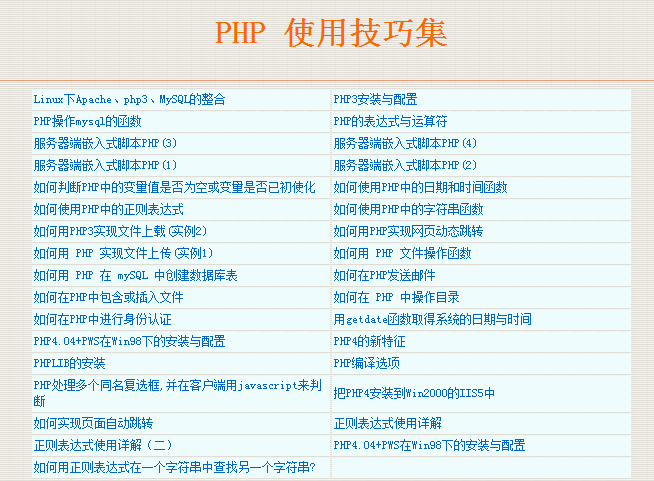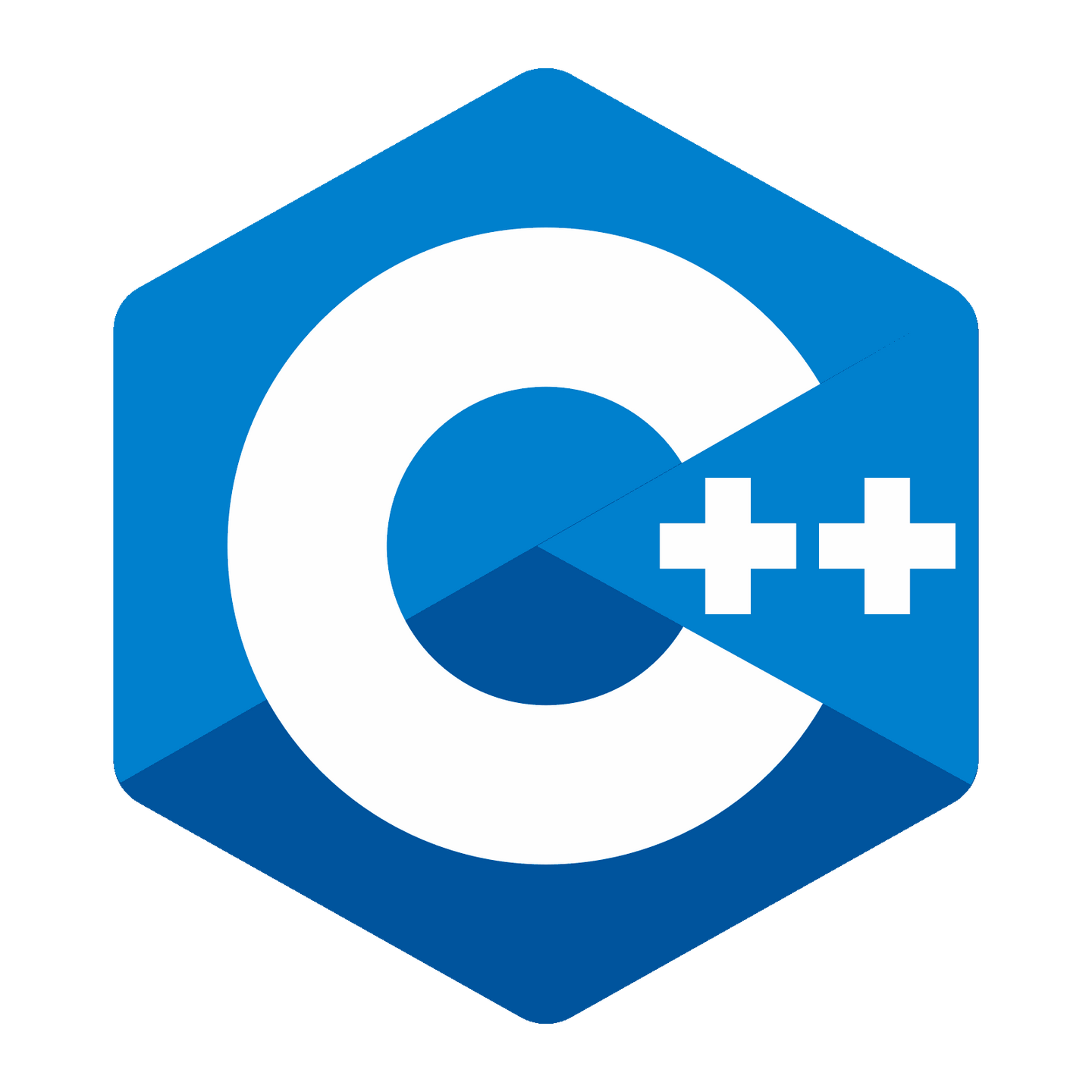最近在看c++ primer plus,感觉函数与指针这一章难点比较多,记写笔记,加强理解.
From C++ Primer Plus: Chapter 7 Function:C++ Programming Modules
1. 如何声明函数指针?
和函数原型类似: 需要声明指针指向函数的返回值和参数列表
double pam(int); //参数为int 类型,返回值为double 类型的函数 double (*pf);(int) //指向参数为int类型,返回值为double 类型的指针 pf = pam; //函数名代表了函数的地址 double x = pam(4); //函数名调用 double x = (*pf)(4); //指针调用 double x = pf(4); //C++也允许将指针名当作函数名使用
立即学习“C++免费学习笔记(深入)”;
2. C++ 11 自动类型推断
const double * f1(const double *, int); const double * (*p1)(const double *, int); //p1 poitns to f1 auto p2 = f1; //C++11 automatic type deduction,p2 points to f1 as well
3. 将指针名当作函数名使用
//前面函数为double *类型,cout第一部分返回double指针,第二部分返回double指针指向的值 cout<<(*p1)(av,3)<<":"<<*(*p1)(av,3)<<endl; //和上面的cout一样只不过是使用函数指针名来调用函数 cout<<p2(av,3)<<":"<<*p2(av,3)<<endl;
立即学习“C++免费学习笔记(深入)”;
4. 函数指针数组
const double *(*pa[3]) (const double *,int) = {f1,f2,f3}; //创建函数指针数组
//通过指针调用函数,得到返回的指针
const double *px = pa[0](av,3); //call by pointer as if it were a function name
const double *py = (*pa[0])(av,3); //正常调用
//得到函数返回指针指向的值
double x = *pa[0](av,3);
double x = *(*pa[0])(av,3);
立即学习“C++免费学习笔记(深入)”;
5. 指向指针数组的指针
指针数组和数组指针的区别

PHP 独特的语法混合了 C、Java、Perl 以及 PHP 自创新的语法。它可以比 CGI或者Perl更快速的执行动态网页。用PHP做出的动态页面与其他的编程语言相比,PHP是将程序嵌入到HTML文档中去执行,执行效率比完全生成HTML标记的CGI要高许多。下面介绍了十个PHP高级应用技巧。 1, 使用 ip2long() 和 long2ip() 函数来把 IP 地址转化成整型存储到数据库里
 454
454

*pd[3] //an array of 3 pointers (*pd)[3] //a pointer to an array of three elements
立即学习“C++免费学习笔记(深入)”;
指向数组的指针
<br/>
1 auto pc = &pa; //&pa是整个数组的地址, pa是数组第一个元素首地址
2
3 const double * (*(*pd)[3])(const double *, int ) = &pa; //和第一个等价
4
5 **&pa = *pa = pa[0]
立即学习“C++免费学习笔记(深入)”;
代码:
//arfupt.cpp -- an array of function pointers
#include<iostream>
//various notations,same signatures
const double *f1(const double ar[],int n);
const double *f2(const double [],int);
const double *f3(const double *,int);
int main()
{
using namespace std;
double av[3] = {1112.3,1542.6,2227.9};
//pointer to a function
const double *(*p1)(const double *,int) = f1;
auto p2 = f2;//C++ 11 utomatic type deduction
//pre-C++11 can use the following code instead
//const double *(*p2)(const double *,int) = f2;
cout<<"Using pointers to functions:\n";
cout<<"Address Value\n";
cout<<(*p1)(av,3)<<":"<<*(*p1)(av,3)<<endl;
cout<<p2(av,3)<<":"<<*p2(av,3)<<endl;
//pa an array of pointers
//auto doesn't work with list initialization
const double *(*pa[3])(const double *,int) = {f1,f2,f3};
//pb a pointer to first element of pa
auto pb = pa;
// pre-C++11 can use the following code instead
// const double *(**pb)(const double *, int) = pa;
cout<<"\nUsing an array of pointers to functions:\n";
cout<<"Address Value\n";
for(int i = 0;i < 3; i++)
cout<<pa[i](av,3)<<":"<<*pa[i](av,3)<<endl;
cout<<"\nUsing a pointer to a pointer to a function:\n";
cout<<"Address Value\n";
for(int i = 0;i < 3; i++)
cout<<pb[i](av,3)<<":"<<*pb[i](av,3)<<endl;
//what about a pointer to an array of function pointers
cout<<"\nUsing pointers to an array of pointers:\n";
cout<<"Address Value\n";
//easy way to declare pc
auto pc = &pa;
// pre-C++11 can use the following code instead
// const double *(*(*pc)[3])(const double *, int) = &pa;
cout<<(*pc)[0](av,3)<<":"<<*(*pc)[0](av,3)<<endl;
//hard way to declare pd
const double *(*(*pd)[3])(const double *,int) = &pa;
//store return value in pdb
const double *pdb = (*pd)[1](av,3);
cout<<pdb<<":"<<*pdb<<endl;
//alternative notation
cout<<(*(pd)[2])(av,3)<<":"<<*(*(*pd)[2])(av,3)<<endl;
}
const double * f1(const double * ar, int n)
{
return ar;
}
const double * f2(const double ar[], int n)
{
return ar+1;
}
const double * f3(const double ar[], int n)
{
return ar+2;
}
立即学习“C++免费学习笔记(深入)”;
以上就是C++函数与指针的详细内容,更多请关注php中文网其它相关文章!

c++怎么学习?c++怎么入门?c++在哪学?c++怎么学才快?不用担心,这里为大家提供了c++速学教程(入门到精通),有需要的小伙伴保存下载就能学习啦!

Copyright 2014-2025 https://www.php.cn/ All Rights Reserved | php.cn | 湘ICP备2023035733号